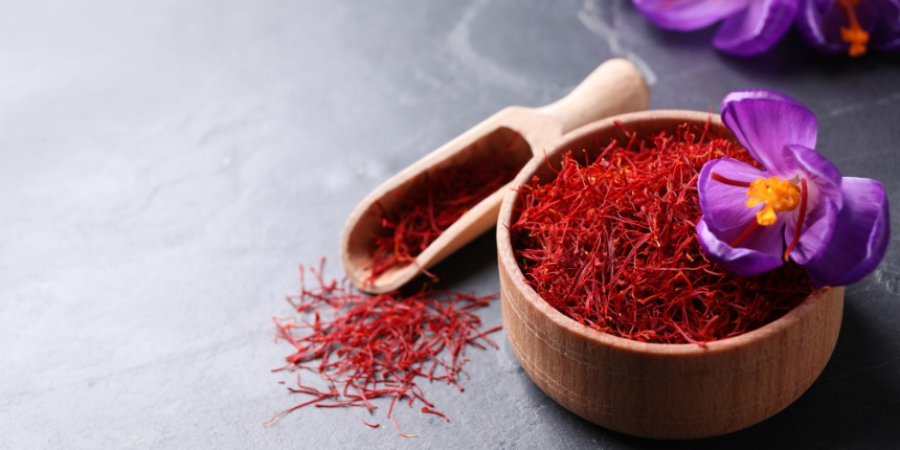

Introduction: A woman's pregnancy is a critical time in her life, requiring major dietary adjustments and physiological changes. Natural treatments are a common source of assistance for expectant women' health and wellbeing during this period. Pregnancy benefits: Saffron, a spice made from the blossom of the Crocus sativus plant, has gained attention. Nonetheless, it's critical to comprehend the benefits and possible hazards of consuming it at this delicate time.
Advantages of Saffron for Expectant Mothers:
1)Rich Source of Nutrients: Iron, potassium, and vitamins are among the crucial nutrients found in saffron that are important for both the health of the mother and the development of the fetus.
2)Antioxidant qualities: Saffron is well-known for having antioxidant qualities that may help fend off oxidative stress and lower the likelihood of problems during pregnancy.
3)Mood Enhancement: According to certain research, saffron may have a positive impact on mood, which could help reduce the signs and symptoms of stress, anxiety, and depression that are frequently encountered during pregnancy.
4)Digestive Aid: Saffron has long been used to help with digestion, which is advantageous for expectant mothers who are having trouble with their gastrointestinal tract.
5)Possible Labor Induction: Saffron is thought to contain qualities in some cultures that encourage uterine contractions and speed up labor, yet there is little scientific proof to back up this belief.
Risks and Safety Measures:
1)Risk of Miscarriage: Because saffron stimulates the uterus, consuming high doses of it during pregnancy may raise the risk of miscarriage. Women who are expecting should use cautious and limit their intake.
2)Allergy Reactions: Saffron allergies can cause mild to severe allergy reactions in those who are allergic to the plant or plants linked to it. It's imperative to speak with a doctor before adding saffron to your diet.
3)Possible Toxicology: Excessive amounts of saffron have the potential to be poisonous and cause negative side effects such nausea, vomiting, and lightheadedness. Women who are expecting should follow suggested dosage recommendations.
4)Drug Interactions: Blood thinners and antidepressants are two examples of the medications that saffron may interact with. Prior to consuming saffron supplements, expectant patients on prescription medication should speak with their healthcare physician.
Suggestions:
1)Moderation: To reduce possible hazards, pregnant women should use saffron sparingly, ideally as part of a balanced diet.
2)Consultation with Healthcare Provider: Pregnant women should evaluate the risks and benefits of saffron individually with their healthcare provider before taking saffron supplements or including it in their diet.
3)Quality Control: To guarantee purity and safety, select premium saffron goods from reliable suppliers.
4)Keep an Eye Out for Adverse Reactions: If pregnant women experience any negative side effects after ingesting saffron, they should seek medical assistance as needed.
Conclusion: Although saffron may be beneficial to pregnant women's health, it is important that expectant mothers use caution when consuming it. To properly incorporate this spice into a pregnant woman's diet, it is important to prioritize the quality of saffron products, follow prescribed dosage guidelines, and speak with a healthcare expert. Pregnant women can minimize related dangers and maximize potential benefits from saffron by making educated decisions.


